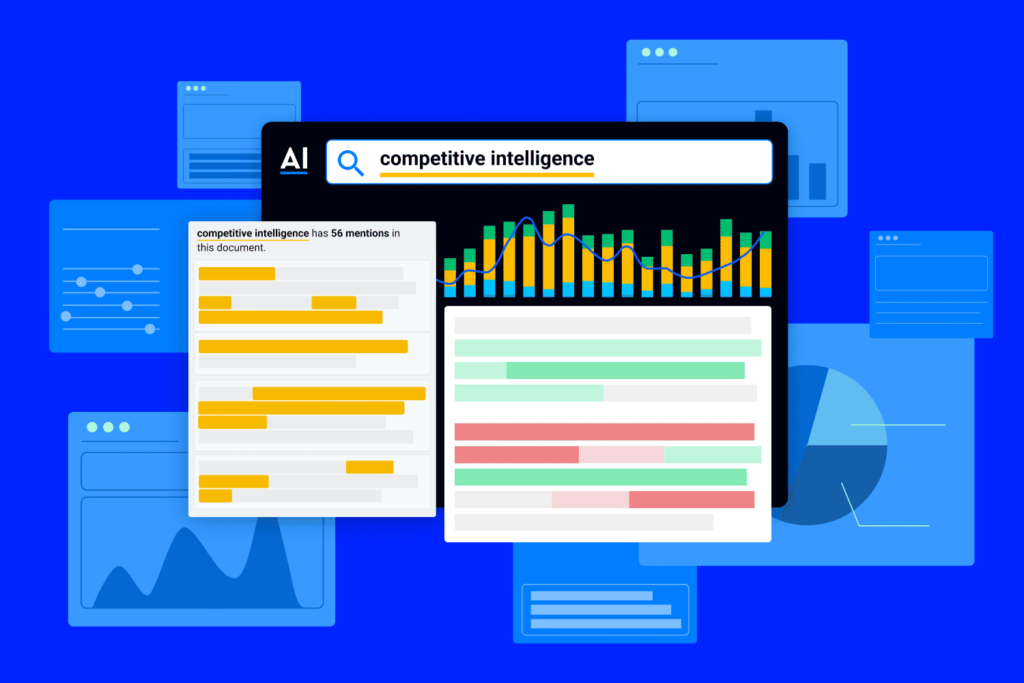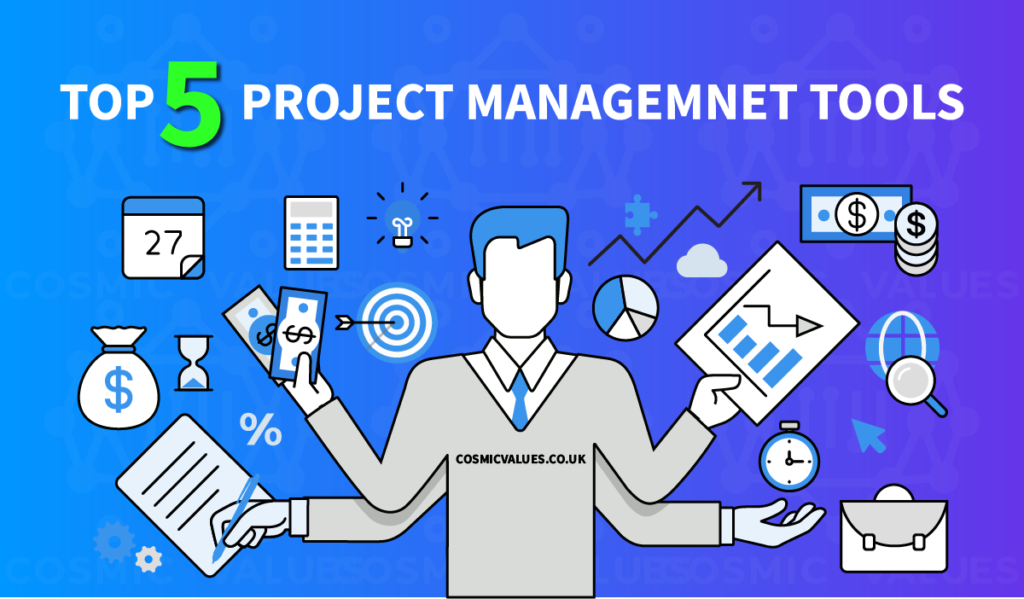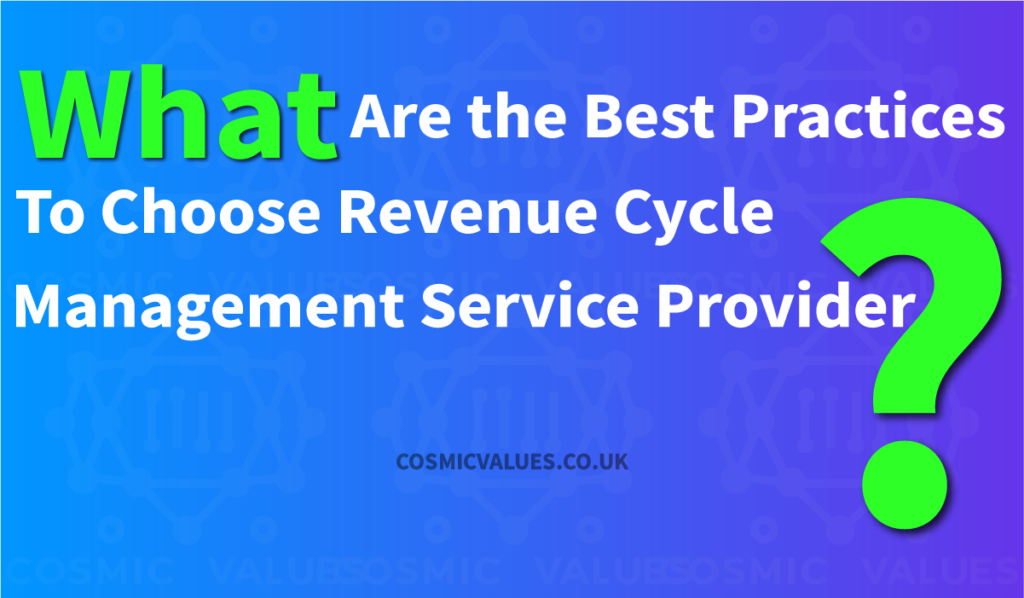In today’s dynamic business landscape, staying ahead of the competition requires more than just a gut feeling or market intuition. Companies need concrete data and insights to make informed decisions and outmaneuver competitors. This is where competitive intelligence platforms come into play.
Understanding Competitive Intelligence Platforms
Competitive Intelligence Platforms, often abbreviated as CIPs, are sophisticated tools designed to gather, analyze, and interpret data related to competitors, market trends, and consumer behavior. These platforms utilize advanced algorithms and data mining techniques to provide businesses with actionable insights.
Key Features of Competitive Intelligence Platforms
Competitive Intelligence Platforms offer a myriad of features tailored to meet the diverse needs of businesses:
Data Collection and Analysis:
CIPs aggregate data from various sources including websites, social media platforms, news outlets, and industry reports. They then analyze this data to extract valuable insights about market trends, consumer preferences, and competitor strategies.
Competitor Monitoring:
One of the primary functions of CIPs is to monitor competitor activities in real-time. This includes tracking changes in pricing strategies, product launches, marketing campaigns, and customer reviews.
Market Trends and Insights:
CIPs help businesses stay abreast of emerging market trends and consumer behavior patterns. By analyzing vast amounts of data, these platforms identify opportunities for growth and innovation.
Customization and Integration:
Many CIPs offer customizable dashboards and reports, allowing users to tailor the platform to their specific needs. Additionally, these platforms seamlessly integrate with existing CRM systems and business intelligence tools.
Benefits of Using Competitive Intelligence Platforms
The adoption of Competitive Intelligence Platforms offers several benefits to businesses:
Strategic Decision Making:
By providing access to real-time data and insights, CIPs empower businesses to make strategic decisions with confidence. Whether it’s launching a new product or entering a new market, companies can rely on data-driven analysis to mitigate risks and maximize opportunities.
Identifying Market Opportunities:
CIPs help businesses identify untapped market segments and niche opportunities. By analyzing consumer behavior and competitor activities, companies can uncover gaps in the market and tailor their offerings to meet customer needs.
Understanding Competitor Strategies:
Competitive Intelligence Platforms provide valuable insights into competitor strategies and tactics. By monitoring competitor movements and analyzing market dynamics, businesses can stay one step ahead of the competition.
Risk Management:
In today’s volatile business environment, risk management is paramount. CIPs enable businesses to anticipate potential threats and vulnerabilities, allowing them to proactively mitigate risks and protect their market position.
Choosing the Right Competitive Intelligence Platform
When selecting a Competitive Intelligence Platform, businesses should consider several factors:
- Scalability: Ensure that the platform can accommodate the growing needs of your business.
- Accuracy and Reliability: Choose a platform that delivers accurate and reliable insights.
- Ease of Use: Opt for a user-friendly interface that requires minimal training and technical expertise.
- Cost-Effectiveness: Consider the cost-benefit ratio and evaluate the ROI of the platform.
- Customer Support: Choose a vendor that offers responsive customer support and ongoing training.
Implementation of Competitive Intelligence Platforms
The successful implementation of a Competitive Intelligence Platform requires careful planning and execution:
- Integration with Existing Systems: Ensure seamless integration with existing CRM and analytics platforms to maximize efficiency.
- Training and Support: Provide comprehensive training to employees and ensure ongoing support from the vendor to address any issues or concerns.
Case Studies: Success Stories with Competitive Intelligence Platforms
Several companies have achieved remarkable success by leveraging Competitive Intelligence Platforms:
- Company A: By using a CIP, Company A was able to identify a gap in the market and launch a new product that quickly gained market share.
- Company B: Through competitor monitoring and trend analysis, Company B was able to adjust its pricing strategy and increase profitability.
Challenges and Limitations
While Competitive Intelligence Platforms offer immense value, they also present certain challenges:
- Data Privacy and Security: Safeguarding sensitive information is crucial to maintaining trust and compliance with data regulations.
- Overwhelm of Information: The sheer volume of data generated by CIPs can be overwhelming, making it challenging for businesses to extract actionable insights.
Future Trends in Competitive Intelligence
Looking ahead, the future of Competitive Intelligence is ripe with possibilities:
- Artificial Intelligence and Machine Learning: AI-powered algorithms will enhance the accuracy and predictive capabilities of CIPs.
- Predictive Analytics: CIPs will leverage predictive analytics to forecast market trends and anticipate consumer behavior.
Conclusion
In conclusion, Competitive Intelligence Platforms play a pivotal role in helping businesses gain a competitive edge in today’s fast-paced market environment. By leveraging advanced data analytics and insights, companies can make informed decisions, identify growth opportunities, and mitigate risks effectively.
FAQs
- What is the role of competitive intelligence platforms in business?
- Competitive Intelligence Platforms help businesses gather, analyze, and interpret data related to competitors, market trends, and consumer behavior, enabling them to make informed decisions and gain a competitive edge.
- How can small businesses benefit from using competitive intelligence platforms?
- Small businesses can benefit from CIPs by gaining insights into competitor strategies, identifying market opportunities, and optimizing their marketing efforts.
- Are competitive intelligence platforms expensive to implement?
- The cost of implementing a Competitive Intelligence Platform varies depending on the vendor and the features included. However, many platforms offer scalable pricing options to accommodate businesses of all sizes.
- Can competitive intelligence platforms help in tracking social media trends?
- Yes, many Competitive Intelligence Platforms include features for monitoring social media trends, sentiment analysis, and influencer tracking.
- How often should companies update their competitive intelligence strategies?
- Companies should regularly review and update their competitive intelligence strategies to stay aligned with evolving market dynamics and competitor activities.



